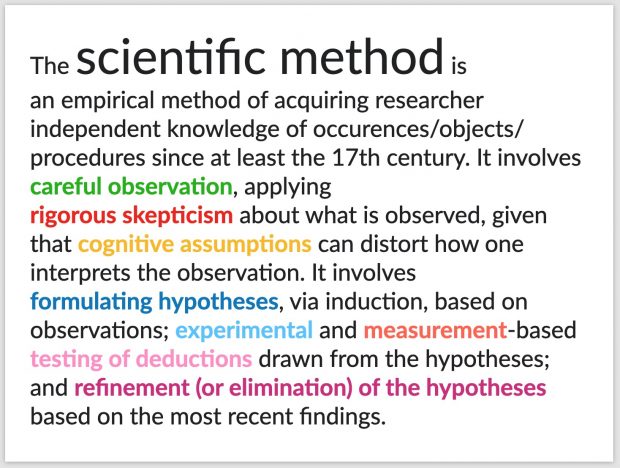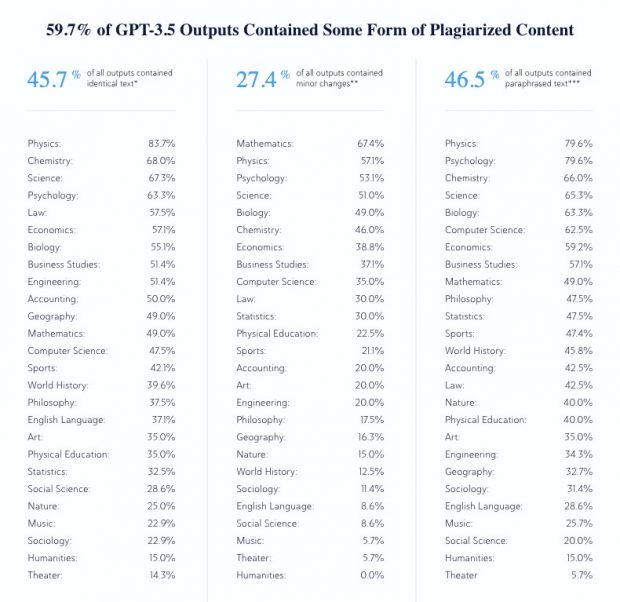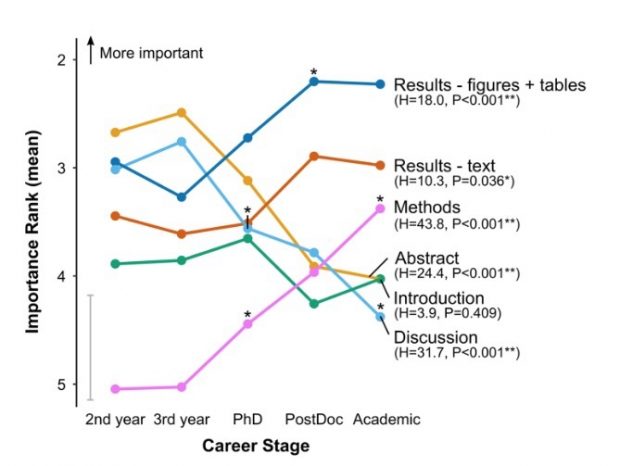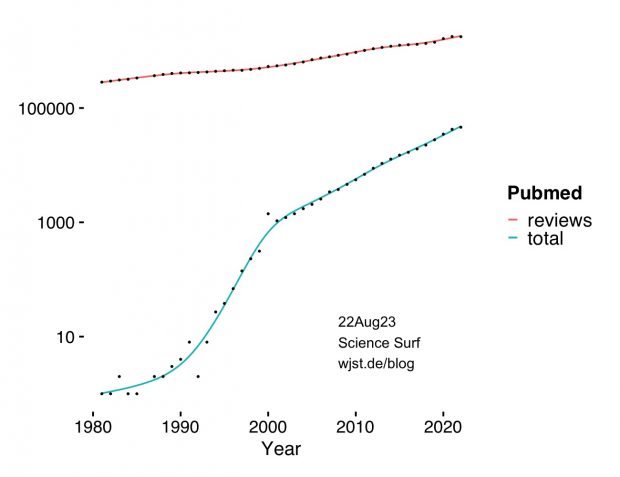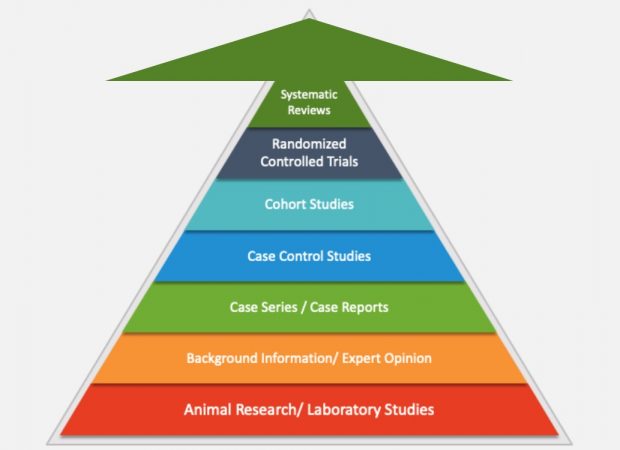Nach Gad Saad’s Parasitic Mind ist der Insiderbericht von Kai Jäger in der FAZ über die fatale Mischung aus Kundendenken, bürokratischen Auswüchsen und ideologischer Gängelung, eindeutig das Erschreckendste was ich in diesem Jahr über eine Universität gelesen habe.
Die Brand-&-Marketing-Departments der Universitäten investieren in teure Marketing-Kampagnen, teils sogar in Werbeflächen von Fußballvereinen, um die Konsumenten von der Qualität ihres Produktes zu überzeugen. … Um diverse Ranglisten und Performance-Kriterien zu verbessern, werden immer neuere dirigistische Initiativen unternommen, die wissenschaftliche Autonomie nach und nach durch bürokratisches Mikromanagement ersetzen. … In der Praxis hat das Primat der Studentenzufriedenheit zur Nivellierung akademischer Standards und zu einer Inflation sehr guter Noten geführt, da die Zufriedenheit der Studentenschaft eng mit der erhaltenen Benotung in Verbindung steht. Wer durchfällt (oder plagiiert), kann den Aufsatz oder die Klausur in der Regel so oft wiederholen, bis das Resultat passt. Wenig überraschend stellt die „Times“ fest, dass im Jahr 2018 keiner der rund 33.000 Bachelor-Studenten an elf englischen Universitäten in den Abschlussprüfungen durchfiel.
Die Situation zeichnet sich auch in Deutschland ab – fast forward ausgehend von Christiane Florin’s Analyse.
Christian Jäger legt aber noch nach, was Meinungsfreiheit im akademischer Diskurs angeht
Nun sind wir bei der „Wokeness“ angelangt, was man grob als den dogmatischen und unwissenschaftlichen Glauben definieren kann, dass sich jegliche Ergebnisungleichheit in der Gesellschaft auf Diskriminierung zurückführen lässt,… . Es ist sicher kein Zufall, dass Phänomene wie „Trigger Warnings“, „Safe Spaces“ oder „Cancel Culture“ ihren Ursprung und die größte Verbreitung in den Universitätslandschaften der Anglosphäre haben, wo die Verwandlung der Studentenschaft in Konsumenten am weitesten fortgeschritten ist. Denn aus Sicht eines profitorientierten Unternehmens sind Kontroversen ein Risiko für die Reputation der eigenen Firmenmarke.
Zufall oder nicht, so stellt auch Arnd Diringer letzte Woche fest
Gefährdungen erheblichen Ausmaßes“ für die Meinungsfreiheit entstehen auch „aus den Reihen der Gesellschaft selbst durch eine moralisierende Vorzensur unerwünschter Meinungen“. Das schrieb Professor Ferdinand Kirchhof jüngst in der Neuen Juristischen Wochenschrift [ NJW 2023, 1922 “Der Wirkungsbereich des Grundrechts auf Meinungsfreiheit”]. Neu ist diese Feststellung nicht. Aber es lässt aufhorchen, wenn ein ehemaliger Vizepräsident des Bundesverfassungsgerichts das in der wichtigsten juristischen Fachzeitschrift anprangert.
Kirchhof beklagt, dass man „immer häufiger auf den gesellschaftspolitischen ‚Missionar‘“ trifft, „der sich im Besitz der endgültigen Wahrheit weiß“ und „nur eine einzige Meinung, nämlich seine eigene“ duldet. Andersdenkende werden „in moralischer Selbstgewissheit an den Rand der Gesellschaft“ gedrängt. Diskursvermeidung wird „von interessierten Kreisen geradezu als ethische Verpflichtung verstanden, der sich jedermann beugen muss“.
Initiis resistere
